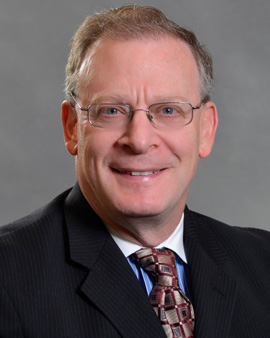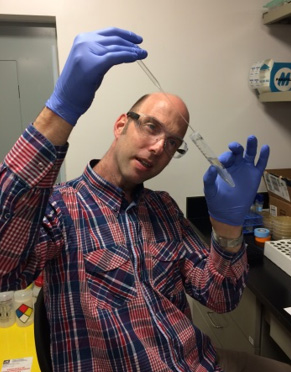
Dr. Garth Ehrlich is the founder and executive director of the Center for Advanced Microbial Processing (CAMP). The Center for Advanced Microbial Processing was established to exploit the biosynthetic and biocatalytic capabilities of the vast bacterial genomic dark matter. Dr. Ehrlich and his team have played pioneering roles in many of the genomic and meta-omic technologies employed by Center for Advanced Microbial Processing scientists including both second and third generation DNA sequencing technologies. Dr. Ehrlich's lab worked closely with 454 Lifesciences as alpha testers of the first next generation DNA sequencing system. This technology was then combined with single bacterial cell isolation techniques at the Max Planck Institute for Marine Biology, and whole genome amplification techniques to perform the first whole genome sequencing of an unculturable organism.
Subsequently, in a collaborative study with Dr. David Sherman's group at the University of Michigan, Center for Advanced Microbial Processing scientists performed the first hologenome sequencing of a metazoan and its endosymbiants to successfully clone and metabolically characterize the biosynthetic pathway for an approved anti-cancer drug whose organic synthesis was exceedingly expensive.
In addition the group is working toward the goal of developing alternative targeted treatment strategies to combat bacterial infections in response to the alarming situation surrounding antibiotic resistance and other negative aspects associated with antibiotic treatment. As such, they is interested in the discovery of antibiotics with novel mechanisms of action and other novel biologicals that affect bacterial behavior or have specificity only to subsets of bacteria. Once target molecules are identified, scientists utilize computational analyses of genomes, pangenomes and metagenomes to guide molecular biology with the ultimate goal being the cloning, expression and efficient production of target molecules.

Dr. Joris Beld applies modern mass spectrometry to analyze and discover novel secondary metabolites, which often have very interesting properties (anti-bacterial, anti-tumor, etc.). These metabolites are generally difficult to synthesize by an organic chemist, and do not accumulate to high levels in the native organisms. Engineering the biosynthetic clusters responsible for the production of these metabolites into "easier" hosts and subsequent production of high-value molecules (e.g., novel drugs) in these bacteria is the modern holy grail of metabolic engineering.

Dr. Amy T. Ma is an experienced bacteriologist who studies environmental and pathogenic bacteria, including Vibrio, Pseudomonas, and cyanobacterial species. She examines interactions between bacteria and eukaryotic cells, particularly with protozoan grazers like amoebae to characterize natural environmental phenomena or as a proxy for mammalian cells. These interactions are being characterized using multidisciplinary approaches, including classic microbiology and analytical chemistry methods.